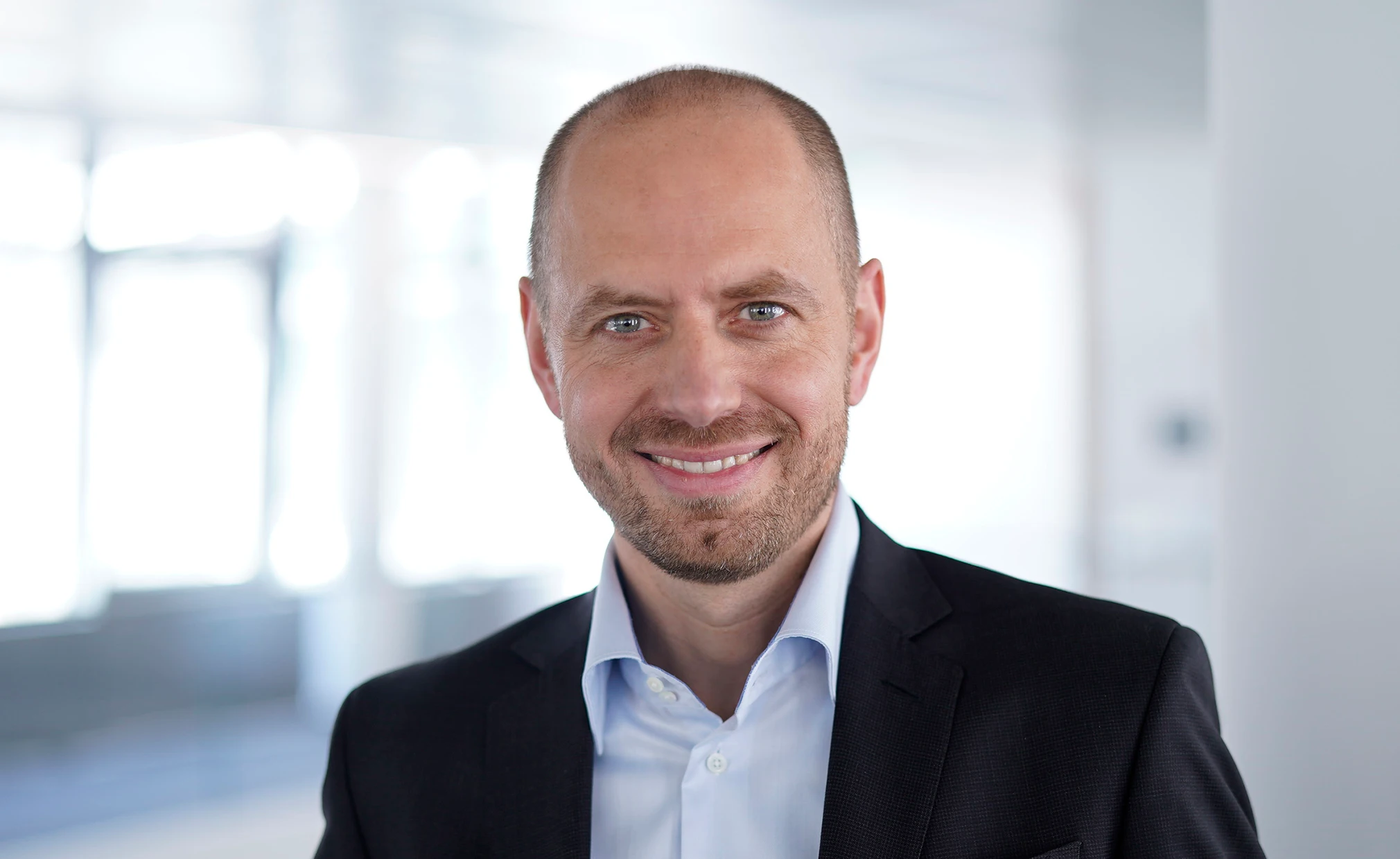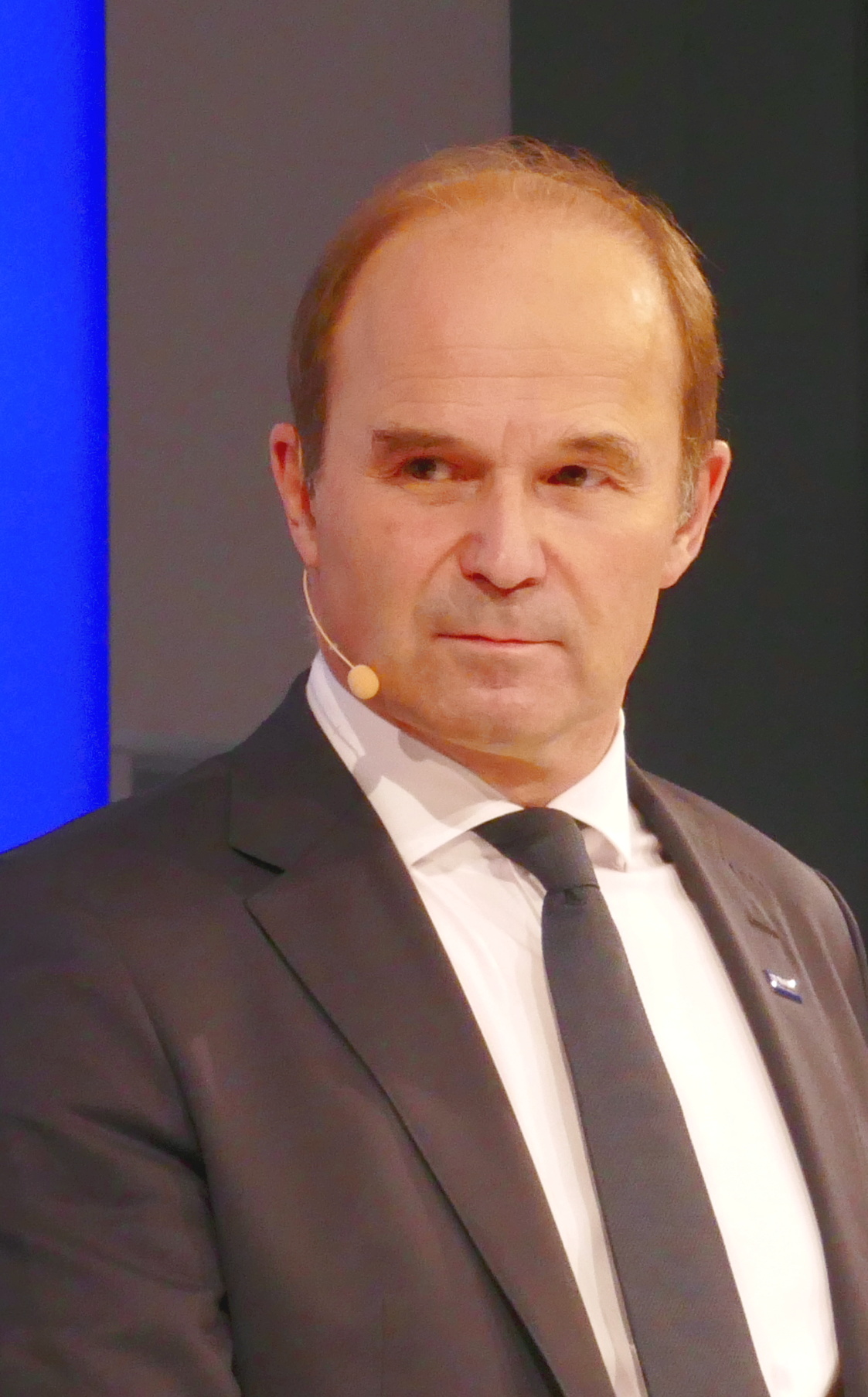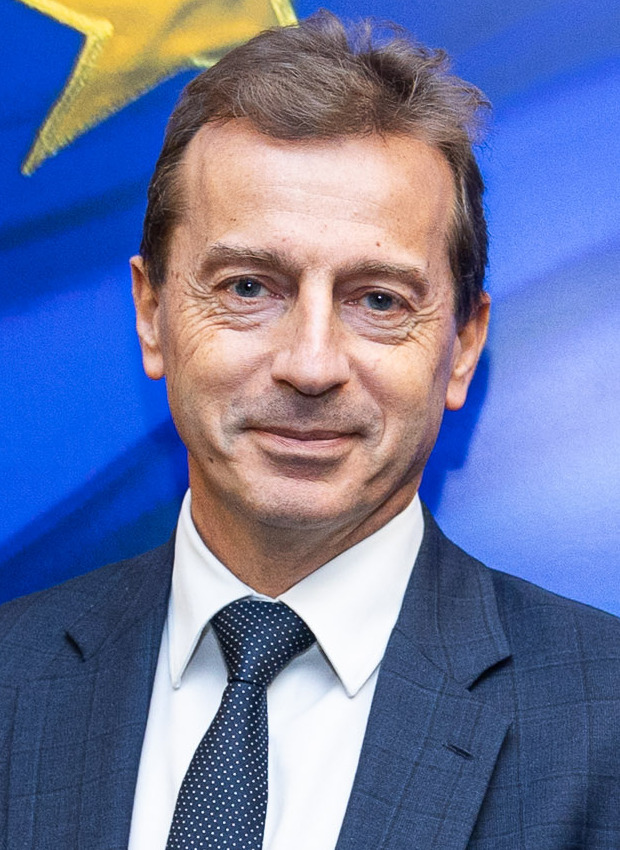Executive Summary
Dr.-Ing. Christian Bruch has established himself as one of Europe's most transformative energy leaders since taking the helm of Siemens Energy AG in May 2020. Under his strategic leadership, the company has navigated unprecedented challenges in the wind energy sector while positioning itself as a global leader in the energy transition. With his contract recently extended through 2030, Bruch continues to drive one of the industry's most ambitious turnaround strategies, focusing on profitable growth, operational excellence, and sustainable energy solutions. His leadership has delivered record order backlogs exceeding €123 billion and positioned Siemens Energy at the forefront of global electrification trends.
Leadership Journey
Christian Bruch's appointment as CEO of Siemens Energy marked a pivotal moment in the company's history. Selected from his previous role as Executive Vice President of Linde plc and CEO of Linde Engineering, Bruch brought over 25 years of energy industry expertise to lead the newly independent company following its spin-off from Siemens AG. His engineering background, holding a Dr.-Ing. degree, provided the technical foundation necessary to understand the complex challenges facing the energy sector.
Bruch's leadership philosophy centers on 'energizing society' – ensuring equal access to sustainable, reliable, and affordable energy regardless of geographic location. This vision has guided his strategic decisions throughout his tenure, particularly during the company's most challenging period involving widespread technical issues with Siemens Gamesa wind turbines. His ability to maintain strategic focus while addressing operational crises has demonstrated exceptional leadership resilience.
The recent contract extension through April 2030, announced in September 2024, reflects the supervisory board's confidence in his transformation strategy. As stated by the board, Bruch and his team have 'raised the conventional business to new levels, with unparalleled commitment and stopped the existential decline of the wind business.' This recognition underscores his effectiveness in managing complex industrial transformations while maintaining stakeholder confidence.
Strategic Vision
Bruch's strategic vision for Siemens Energy is built on three fundamental pillars: profitable growth, operational excellence, and leadership in the energy transition. His approach recognizes that global electricity demand will nearly double by 2050, rising from 26,000 TWh in 2023 to 50,000 TWh, driven by population growth, electrification, decarbonization, and AI-powered data centers. This macro trend forms the foundation of his long-term strategic planning.
The company's strategy emphasizes portfolio diversification across gas turbines, grid technologies, and renewable energy solutions. Under Bruch's leadership, Siemens Energy has maintained its position as a global leader in utility-scale gas turbines and wind turbines while expanding its grid transition capabilities. This balanced approach ensures resilience during the energy transition period when both traditional and renewable technologies are essential.
Innovation remains central to Bruch's strategic vision, particularly in offshore wind technology. The company is developing next-generation turbines with 135-meter-long rotor blades and 14-megawatt capacity, positioning Siemens Energy as a technology leader in the rapidly growing offshore wind sector. His emphasis on R&D investment reflects understanding that technological superiority will determine market leadership in the evolving energy landscape.
Bruch has also prioritized geographic expansion and market diversification. His strategic partnerships, including initiatives with Breakthrough Energy to establish The Energy Resilience Leadership Group, demonstrate his commitment to collaborative innovation and reducing European energy dependence. These partnerships extend Siemens Energy's influence beyond traditional customer relationships into policy and technology development spheres.
Market Impact
Under Bruch's leadership, Siemens Energy has achieved remarkable financial turnaround despite significant challenges. The company reported fiscal year 2024 results with orders reaching €50.2 billion and revenue of €34.5 billion, representing substantial growth from previous years. The order backlog reached a record €123 billion with improved margin quality, demonstrating both market confidence and operational improvements.
The company's profit margin before special items improved to 1% in 2024, with ambitious targets set for 10-12% group margins by fiscal year 2028. This trajectory reflects the effectiveness of Bruch's operational transformation initiatives and market positioning strategies. The generation of over €900 million in free cash flow during Q4 2024 alone illustrates the company's improving financial health.
Bruch's market impact extends beyond financial metrics to industry transformation. His leadership in addressing the Siemens Gamesa turnaround has implications for the entire wind energy sector. The 'Mistral' strategy, focused on product portfolio simplification, operational optimization, and process strengthening, serves as a case study in industrial restructuring. The planned return to break-even by 2026 represents one of the largest restructuring projects in Siemens' history.
The company's stock performance has reflected market confidence in Bruch's strategy. Siemens Energy shares jumped 13% following guidance raises and leadership changes at the wind turbine unit in May 2024, indicating investor approval of his strategic decisions. This market response validates his approach to transparent communication and decisive action during challenging periods.
Industry Influence
Bruch has emerged as a prominent voice in global energy policy discussions, frequently appearing in Bloomberg media and participating in high-level industry conferences. His insights on the energy transition trilemma – balancing security, affordability, and sustainability – have influenced policy discussions across Europe and internationally. His statement that 'energy transition without China does not work' reflects his pragmatic understanding of global energy dynamics.
His thought leadership extends to major industry conferences, including CERAWeek, the Atlantic Council CEO Series, and various Bloomberg events. These platforms allow him to shape industry discourse on critical topics such as the Inflation Reduction Act's impact on energy transition, the role of gas in renewable energy integration, and the importance of grid infrastructure investment.
Bruch's influence is particularly notable in offshore wind development. As CEO of a company controlling significant offshore wind technology, his perspectives on the need for 7-8x increases in annual offshore wind installations to meet 2030 targets carry substantial weight in industry planning. His advocacy for doubled EU grid investment by 2030 demonstrates understanding of system-level requirements for successful energy transition.
Through his role as Chief Sustainability Officer, Bruch has positioned Siemens Energy as a leader in corporate sustainability practices. His emphasis on equal energy access regardless of geography has influenced industry discussions about energy justice and global development. This holistic approach to sustainability extends beyond environmental considerations to include social and economic impacts.
Future Outlook
Bruch's strategic vision for Siemens Energy through 2030 focuses on capitalizing on unprecedented electricity demand growth while maintaining operational excellence. The company's 2025 targets include 8-10% comparable revenue growth and 3-5% profit margins before special items, with longer-term goals of 10-12% group margins by 2028. These ambitious targets reflect confidence in market opportunities and operational capabilities.
The offshore wind business represents a key growth driver under Bruch's leadership. With the global offshore wind market requiring massive capacity additions to meet climate targets, Siemens Energy's technological leadership positions the company for substantial growth. The development of larger, more efficient turbines and improved installation processes will be critical success factors.
Grid modernization presents another significant opportunity. Bruch's recognition that grid investment must double by 2030 positions Siemens Energy to benefit from necessary infrastructure upgrades. The company's grid technologies division is well-positioned to capitalize on this trend, particularly in Europe where renewable energy integration requires extensive grid modifications.
The successful completion of the Siemens Gamesa turnaround by 2026 will mark a defining achievement of Bruch's tenure. This accomplishment would demonstrate his ability to execute complex industrial transformations while maintaining market position. The experience gained from this turnaround will provide valuable capabilities for future challenges and opportunities in the rapidly evolving energy sector.





